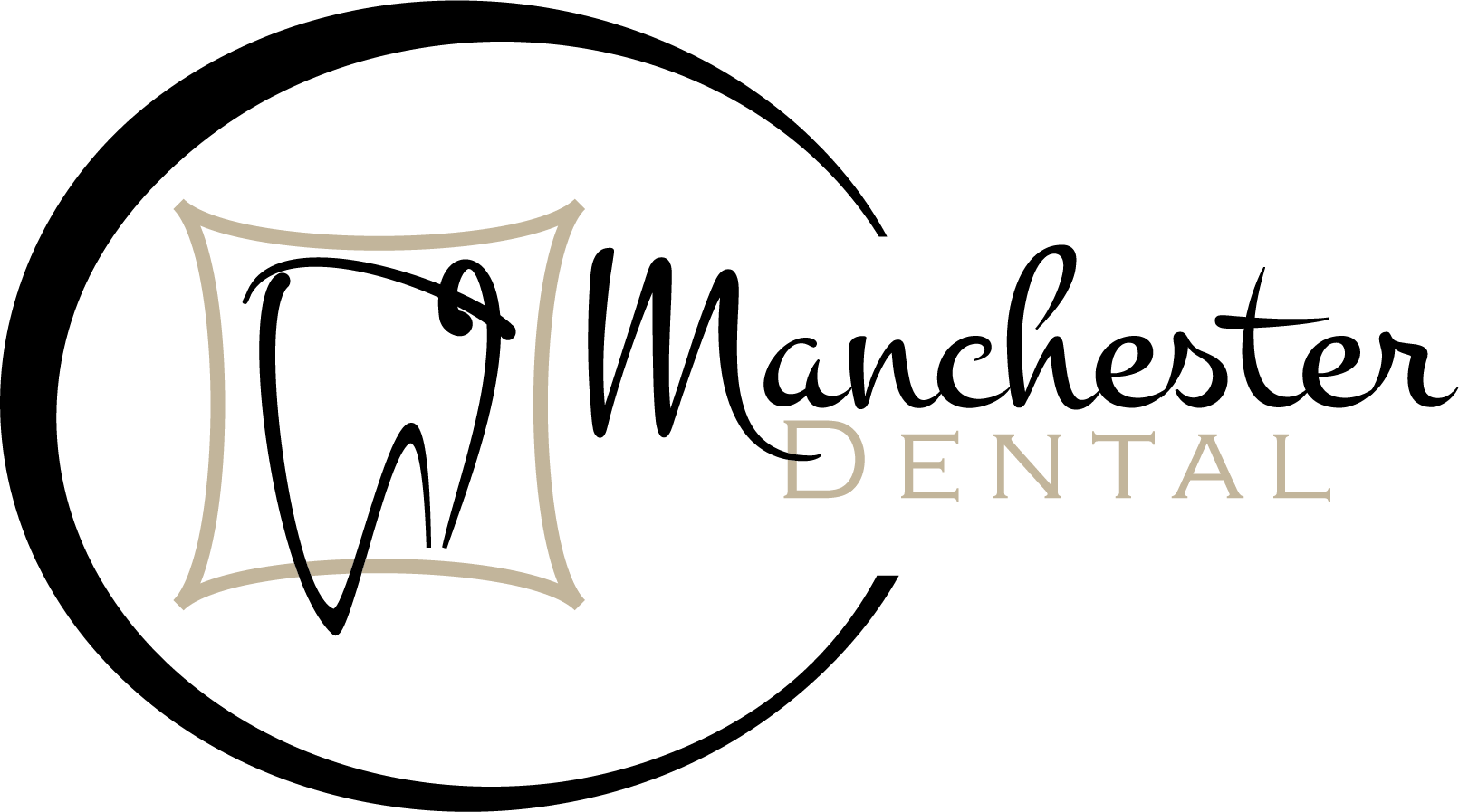Dental Prosthetics
Filling Gaps in Your Smile to Rebuild Your Confidence
The causes for adult tooth loss can vary, from advanced gum disease or tooth decay to accidental loss during a car wreck or sports injury. Regardless of the cause, when you lose a natural tooth, you should begin to explore your options for replacement immediately. As soon as that tooth is missing, the remaining teeth begin to manage the loss by shifting. This shifting can affect your bite, cause strain on your jaw joint and wear on your remaining teeth. Left untreated, over time this can cause TMJ disorder, fractured teeth and broken fillings.
All of your teeth (with the possible exception of wisdom teeth) are essential to the overall function of your mouth and jaw. If, due to decay or damage, you have lost any teeth we can restore oral function through the placement of prosthetic restorations, or replacement teeth.
Depending on your individual case, we offer a number of life-like replacement teeth. Using state-of-the-art materials and techniques, we can provide you with a new smile that looks great, functions well, and restores your confidence in speaking and smiling. Many of our patients report increased enjoyment of life after receiving a dental prosthetic as they feel more confident interacting socially and appreciate simple pleasures, such as eating meals without worry or impediment.
Options include:
- Bridges
- Complete Dentures
- Partial Dentures
- Dental Implants
Bridges
Bridges are natural-looking dental prosthetics that can replace a section of missing teeth. They are supported on either end by an existing tooth and replace the missing teeth in between. Bridges are custom-made, fixed in place (not removeable) and restore the natural contour of teeth as well as the proper bite relationship between upper and lower teeth. Bridges can be made of tooth-colored porcelain, metal or a combination of the two materials.
Complete Dentures
A denture is a removable replacement for missing teeth and tissues for individuals that have lost some or all of their teeth. Dentures improve chewing ability and speech and provide support for facial muscles as well as greatly enhancing the facial appearance and smile.
Dentures are made of acrylic resin, sometimes in combination with various metals. Dentures can replace all the teeth or fill in the spaces created by missing teeth. You can have a denture on your upper or lower jaw, or both.
Complete Dentures replace all missing teeth and cover the remaining jaw structures.
Complete Dentures can be made as a replacement for an old or worn out set of existing dentures or for patients who do not have any remaining teeth in one or both jaws. This process typically involves five visits and then adjustments as needed. There will be one or two impressions of the jaws, an appointment to establish initial bite relationship, an appointment to approve the final appearance and final bite relationship, and then a fifth appointment where the denture is sent home with you. Adjustments are made at follow up visits to help improve your comfort and function.
For patients who still have teeth, but must have them removed, or who choose to have them removed, Dentures can be made in two different ways. These are called “conventional” and “immediate.”
Conventional Complete Dentures follow the process above, but first the remaining teeth must be removed and the remaining jaw areas smoothed if needed. The affected areas are allowed to heal for a period of around 6 weeks. Once properly healed, a complete denture is made as described above.
Immediate Complete Dentures are made from impressions made before the teeth are removed. The dental lab uses the information contained in these impressions to make a denture that more closely duplicates the size, shape and arrangement of your existing teeth. Once the lab has made the denture, it is sent to the oral surgeon and given to you the day that your remaining teeth are removed. There will be follow up appointments in our office at 24-48 hours, then at one week and then as needed to improve your comfort and function.
An advantage of immediate dentures is that the wearer does not have to be without teeth during the healing period. However, bones and gums can shrink over time, especially during the period of healing in the first six months after the removal of teeth. When gums shrink, immediate dentures may require rebasing or relining to fit properly.
Partial Dentures
Partial Dentures are a solution when several teeth are missing, but other healthy teeth remain. Partial dentures usually consist of replacement teeth attached to pink or gum-colored plastic bases, which may be connected to a metal framework. Removable partial dentures attach to your natural teeth with metal or plastic attachments. The process for making a partial denture is similar to that of a complete denture, though it can be shorter or longer based on your circumstances.
Dental Implants
Dental implants are often used when a patient no longer has teeth remaining in their mouth but enough bone in their jaw to support implants. Titanium implants are placed into the jaw bone. The bone fuses to the implant, forming a strong foundation onto which a dental prosthetic is made to snap onto. The benefit of dental implants include dentures that look more like natural teeth, are very secure, preserve bone in the jaw and help maintain facial structure.
